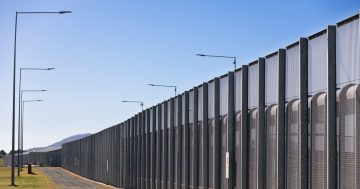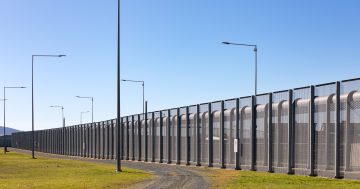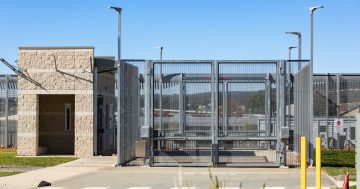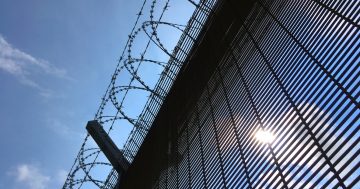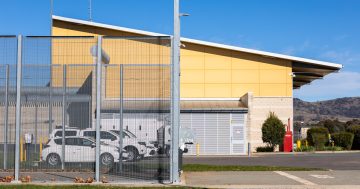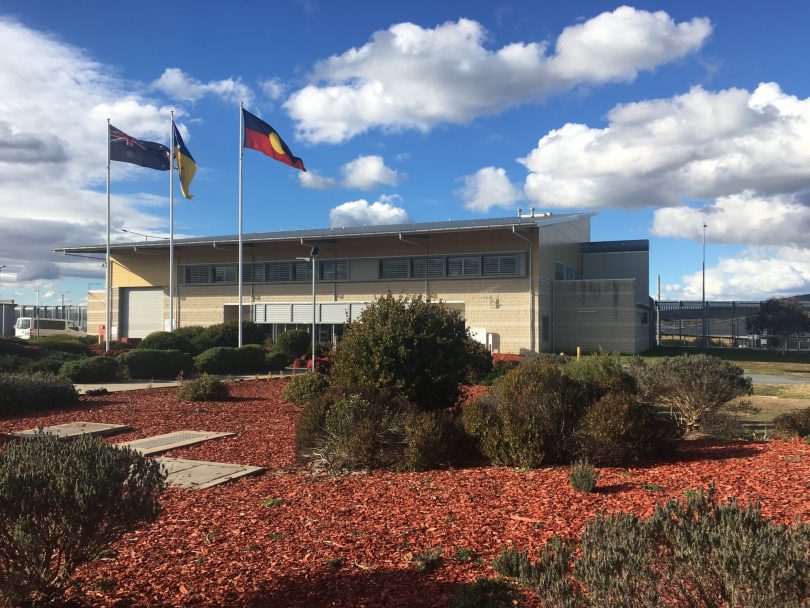
A quarter of the inmates at the Alexander Maconochie Centre are Indigenous. File photo.
The ACT is the only jurisdiction to declare a public holiday for reconciliation between Indigenous people and those who have usurped their place in this land.
It’s a right and good thing to do, as is commissioning Indigenous artworks for government offices and holding acknowledgment of country ceremonies, but this progressive, inclusive territory has got to start walking the talk.
Because as welcome as these things are, the hard statistics tell a dark story about how the ACT’s Indigenous men, women and children are faring.
A quarter of the prisoners in the Alexander Maconochie Centre are Indigenous, despite being only 2 per cent of the population.
According to the Australian Bureau of Statistics, when Canberra’s human rights-based prison opened in 2008, there were 25 Indigenous prisoners, a figure that has steadily increased to 116 in 2020.
The 279 per cent increase in Indigenous incarceration in the ACT over the last decade is also five times higher than the national increase of 59 per cent.
In the last four years, the number of Indigenous women in prison has leapt into the teens and stayed there. In 2020, there were 17 Indigenous women in the Alexander Maconochie Centre. In 2012 there were none.
More than a quarter of children in care in the ACT are Indigenous, according to Community Services.
This is decades after the Deaths In Custody Royal Commission and the Bringing them Home Report of the National Inquiry into the Separation of Aboriginal and Torres Strait Islander Children from Their Families.
No one suggested that the injustices exposed in these inquiries were going to be healed overnight but in 2021, in a place like Canberra, for these numbers to be so heartbreakingly high is a travesty.
Don’t do the crime, don’t do the time, some might say. It has to be acknowledged that even in the ACT, there is little sympathy for lawbreakers and Her Majesty’s guests at Hume.
But this ignores the ongoing consequences of dispossession, separation, and loss of language and identity that brings built-in disadvantage and self-destructive behaviour.
Clearly, locking up Indigenous men and women is not working. Recidivism is rife and the criminal justice response is costing taxpayers a fortune.
More than 90 per cent of Indigenous detainees have been previously incarcerated, compared to 75 per cent for non-Indigenous detainees.
A ministerial briefing early this year said the ACT had the highest increase of Aboriginal and Torres Strait Islander detainees since 2009-10 of any jurisdiction in Australia.
“Most data shows 10-year trends in ACT’s Aboriginal and Torres Strait Islander justice data are getting worse,” it said. “Moreover, diversion rates are low.”
This is despite a government commitment to justice reinvestment policies designed to divert people away from prison.
In many respects, prison is the easy out of sight, out of mind route, with little opportunity for taking responsibility for one’s actions and the impact on the community, or confronting one’s own demons and understanding the chain of history that has contributed to the situation.
At least the government recognises that it must work with and listen to the Indigenous community to make any real progress.
Today there will be celebrations of Indigenous culture and hopefully some truth-telling at Reconciliation Day activities at the National Arboretum.
There is much good happening at the community level to overcome the long shadow of the past, and no one can deny ministers’ good intentions.
But these figures are a stain on all of us, and the government needs to make good on its promise to conduct a review of Indigenous incarceration in the ACT and take tangible steps towards reversing the situation.













